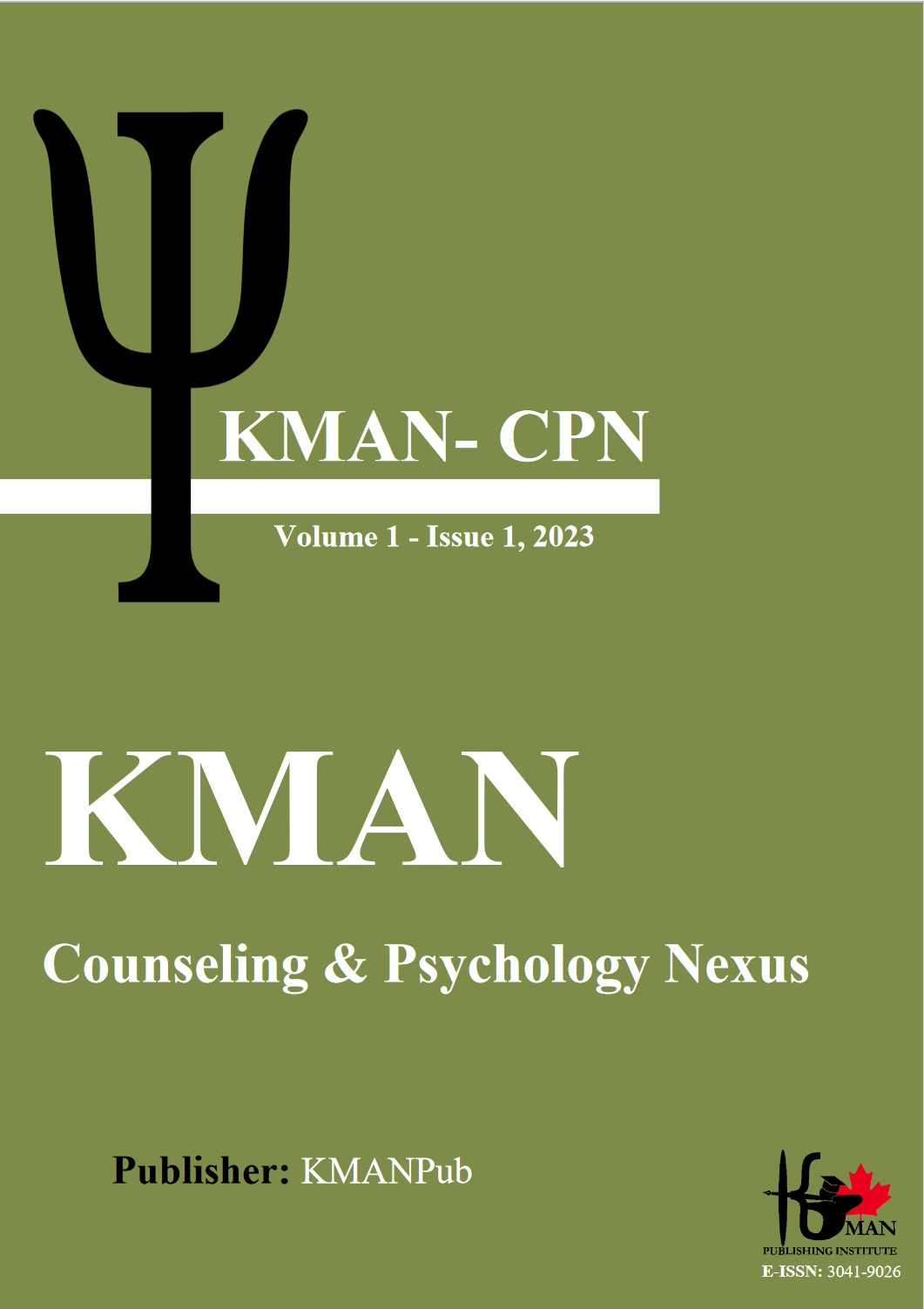Stress, Resilience, and the Immune System: A Health Psychology Analysis
Abstract
To investigate the relationship between stress resilience and immune system functionality, emphasizing the psychological mechanisms that contribute to immune regulation and the potential for resilience-building interventions to enhance immune responses. This comprehensive review synthesizes existing research from psychological, immunological, and epidemiological studies. It examines the impact of acute and chronic stress on immune function, explores the role of psychological resilience as a mediator, and evaluates the effectiveness of various stress management and resilience-building strategies. Evidence indicates a significant link between psychological resilience and stronger immune function. Individuals with higher resilience levels exhibit better immune responses, likely due to the effective management of stress and its physiological consequences. Additionally, interventions aimed at increasing resilience, such as mindfulness practices, cognitive-behavioral therapy, and lifestyle changes, have shown promise in bolstering immune health. Strengthening psychological resilience holds substantial potential for improving immune system outcomes, suggesting a need for holistic health approaches that incorporate mental, physical, and social well-being components. Future research should focus on identifying specific mechanisms through which resilience affects immune function and developing targeted interventions to enhance both psychological well-being and immune health.
Downloads
Downloads
Additional Files
Published
License
Copyright (c) 2023 Seyed Milad Saadati (Corresponding Author); Fatemeh Rezazadeh (Author)

This work is licensed under a Creative Commons Attribution-NonCommercial 4.0 International License.








